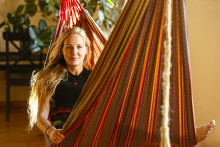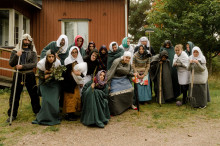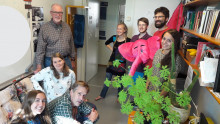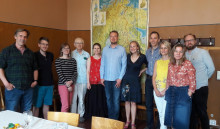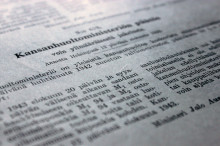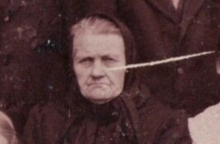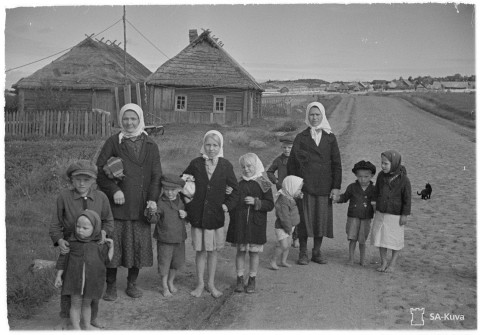
Nitsch A, Faurie C, Lummaa V. 2023: Sibling competition, dispersal and fitness outcomes in humans. Scientific Reports 13, 7539
Abstract
Determining how sibling interactions alter the fitness outcomes of dispersal is pivotal for the understanding of family living, but such studies are currently scarce. Using a large demographic dataset on pre-industrial humans from Finland, we studied dispersal consequences on different indicators of lifetime reproductive success according to sex-specific birth rank (a strong determinant of dispersal in our population). Contrary to the predictions of the leading hypotheses, we found no support for differential fitness benefits of dispersal for either males or females undergoing low vs. high sibling competition. Our results are inconsistent with both hypotheses that family members could have different fitness maximizing strategies depending on birth rank, and that dispersal could be mainly driven by indirect fitness benefits for philopatric family members. Our study stresses the need for studying the relative outcomes of dispersal at the family level in order to understand the evolution of family living and dispersal behaviour.

